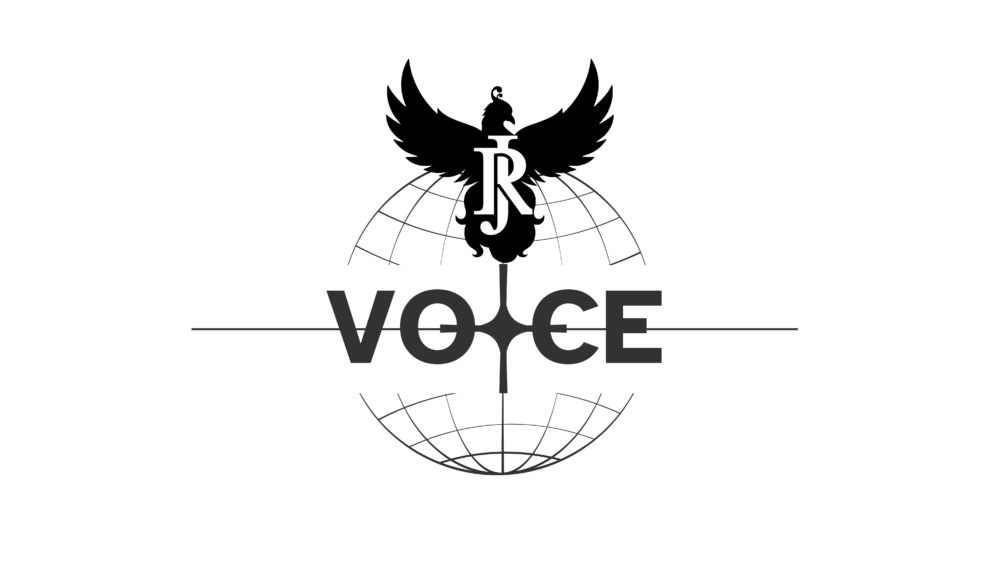In a major step to revitalize South Africa’s strained public healthcare system, the National Health Council has approved the recruitment of 1,200 new doctors. The announcement comes after prolonged concerns about staffing shortages and growing public dissatisfaction over the lack of employment opportunities for medical professionals.
The decision follows the national budget presentation on March 12, 2025, which allocated R1.78 billion specifically for the employment of healthcare workers. Alongside the newly approved doctor positions, the Council has also given the green light to hire 200 nurses and 250 other healthcare professionals.
Health Minister Dr. Aaron Motsoaledi, addressing the media, confirmed that recruitment would begin soon, once all logistical and administrative arrangements are in place. He acknowledged the urgency of the move, noting that earlier this year, the country saw significant public outcry over the scarcity of healthcare personnel despite a growing pool of unemployed professionals.
Motsoaledi emphasized that this development signals a crucial turning point for South Africa’s healthcare system, which has long struggled to meet the demands of a growing and increasingly diverse population. He said the new staffing efforts would ease the burden on existing facilities and improve access to essential medical services nationwide.
The National Health Council is a statutory body that includes the Minister of Health, the nine provincial Health MECs, the South African Local Government Association (SALGA), and the Surgeon General of the South African Military Health Services. Their collective decision-making is expected to lead to a more robust and responsive healthcare infrastructure.
Investment in Basic Hospital Equipment
In addition to the recruitment drive, the Council has committed to improving basic hospital amenities. Motsoaledi acknowledged the poor conditions in many public facilities, noting that something as fundamental as the availability of beds, mattresses, and clean linen can drastically impact patient care.
To address this, the government will invest R1.346 billion to procure 25,000 hospital beds, 80,000 mattresses, 7,655 bassinets for newborns, and approximately 1.25 million units of linen, including sheets and pillows. This move aims to address long-standing issues of comfort and dignity for patients using public healthcare services.
He referenced past incidents, such as the widely criticized use of cardboard boxes for newborns at Mahikeng Hospital, as examples of how dire the situation had become. “We want to ensure that every patient, including our most vulnerable, is treated with dignity,” he said.
Policy Reforms on the Horizon
In addition to personnel and equipment improvements, the Council is initiating a review of several longstanding human resource policies, which Motsoaledi described as outdated and in some cases counterproductive.
Among the policies under review are:
- Remunerative Work Outside Public Service: This policy governs how public health workers may earn income outside their main duties and is being reassessed to ensure fairness and prevent abuse.
- Overtime Policy: The structure of fixed payments for extra working hours is being revisited to better align with modern operational needs and manage workloads effectively.
- Community Service Policy: This policy, which mandates deployment of medical professionals to underserved areas, is being reevaluated to improve service delivery and effectiveness.
- Rural Allowance Policy: Aimed at incentivizing healthcare professionals to work in remote areas, this policy is also under scrutiny to ensure it is still fit for purpose.
A special committee has been appointed to oversee this policy review process. Members include senior healthcare professionals, academics, and policy experts such as Dr. Cassius Lubisi, Professor Laetitia Rispel, Professor Eric Buch, and Professor Somadoda Fikeni.
The comprehensive reforms and investment plans signal a renewed government commitment to not only strengthen the country’s healthcare workforce but also improve service delivery across the board. As recruitment begins and policies are updated, the government hopes to build a more efficient, equitable, and resilient healthcare system for all South Africans.































































